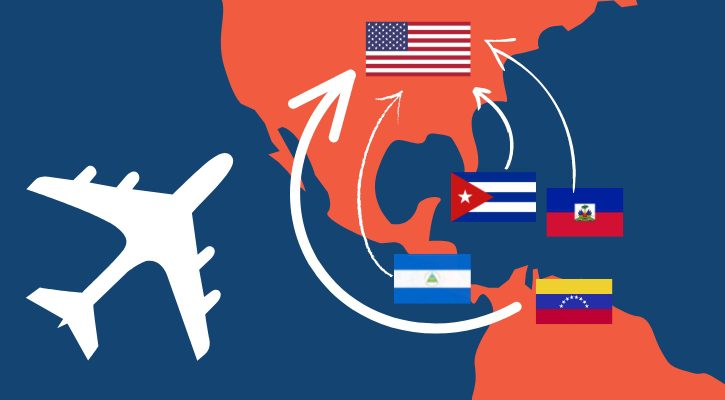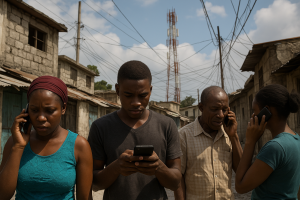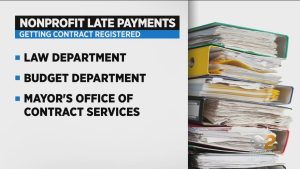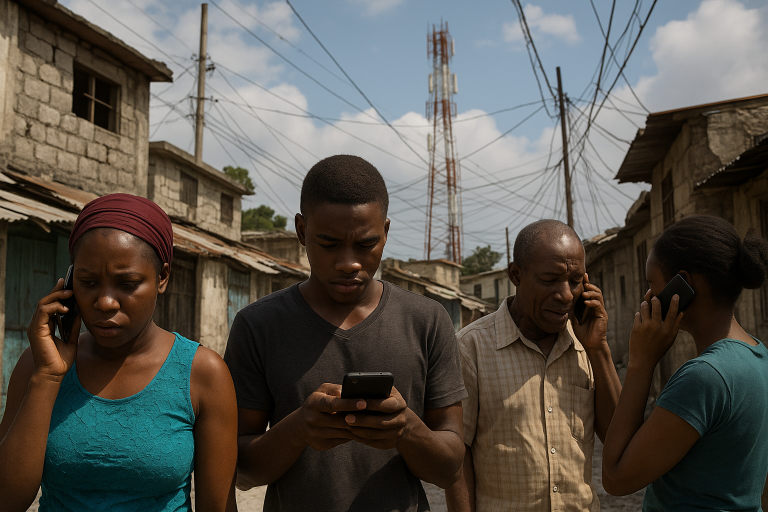The Department of Homeland Security (DHS) has temporarily paused its mass-parole program for migrants from Cuba, Haiti, Nicaragua, and Venezuela (CHNV) following significant fraud allegations. This decision impacts a program that has allowed hundreds of thousands of migrants to enter the United States legally each month under the Biden administration’s guidelines.
The CHNV program, which operates under the formal name Processes for Cubans, Haitians, Nicaraguans, and Venezuelans, utilizes Form I-134A for sponsor applications. The program has faced scrutiny after an internal report uncovered widespread fraud in sponsor applications. The investigation revealed that 100,948 forms had been filled out by just 3,218 sponsors, with some Social Security numbers belonging to deceased individuals and numerous instances of repeated addresses and IP addresses being used (IJR) (Washington Examiner).
In light of these findings, DHS has halted the issuance of advanced travel authorizations for new beneficiaries while it reviews the supporter applications. DHS spokespersons emphasized the department’s commitment to addressing and preventing fraud, with investigations and potential criminal referrals to the Department of Justice being handled by Immigration and Customs Enforcement (ICE) (Just The News).
The CHNV program, which started for Venezuelans in October 2022 and expanded in January 2023 to include Cubans, Haitians, and Nicaraguans, provided a pathway for migrants to legally enter the U.S. if they met specific criteria. These included having an American sponsor, passing security vetting, and covering their travel expenses. However, concerns have been raised about the vetting process’s effectiveness, especially regarding the sponsors (Washington Examiner) (Just The News).
The program’s suspension has sparked political debate, with Republicans calling for its termination and criticizing the administration for allegedly bypassing legal immigration processes. House Homeland Security Chairman Mark Green stated that the program’s issues underscore longstanding warnings about its potential for misuse (IJR).
For many Haitians and other migrants who had already been approved and had purchased tickets, this suspension has created a state of limbo. These individuals, who were set to embark on their journey to the U.S., now face uncertainty regarding their travel plans. Some had invested significant resources and made arrangements based on their expected travel dates, only to have their plans disrupted by the sudden halt. The DHS has not yet provided specific guidance for those already approved and in possession of travel tickets, leaving many hopeful migrants in a state of anxiety and confusion (Washington Examiner) (Just The News).
As DHS works to implement more robust safeguards, the future of the CHNV program remains uncertain. The department aims to restart the application process with improved measures to prevent fraud and ensure the integrity of the immigration system (IJR) (Washington Examiner).












Add a comment